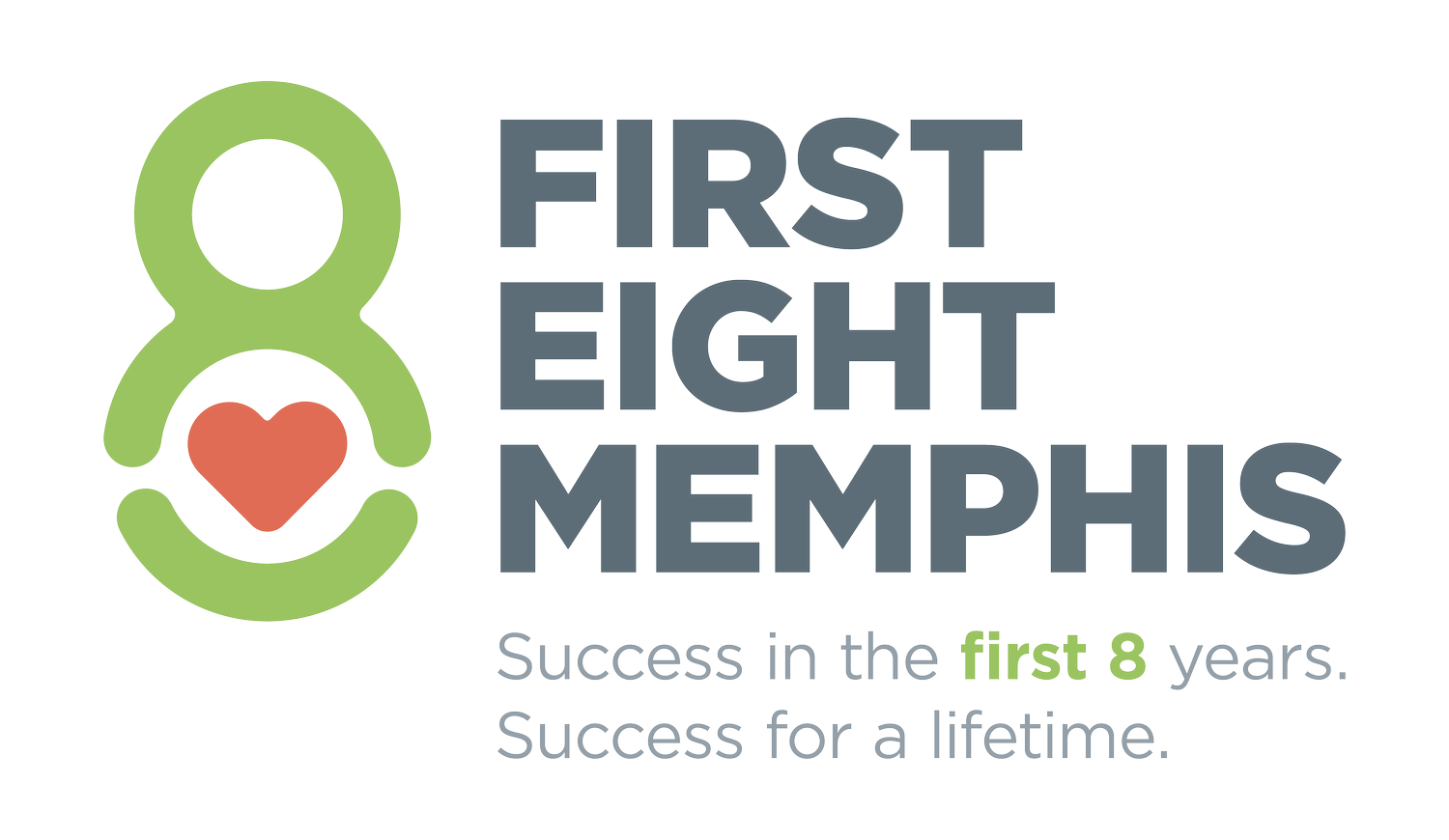Teacher’s Discipline Act sets schools up for failure
By Dr. Kandace Thomas
Expected to go into effect in Tennessee next January, the Teacher’s Discipline Act (HB0016/SB0230) is, simply put, designed to streamline punishment of vulnerable and disadvantaged students instead of offering compassion and access to resources that would keep them in the classroom and set them up for success in life.
This could not be further from what the mission of education and child care should be. And it makes it far too easy for a teacher to permanently remove a student from the classroom under the pretense that they consider that student to be “disruptive,” a word often used in the bill but only vaguely defined and recklessly open to individual interpretation.
The best teachers and administrators know that effective education is about expanding access to resources for students who need them most. This includes constantly improving our awareness of the causes of child behavior – such as trauma, stress and other life circumstances. We must also be aware that stress can lead teachers to define a child’s behavior as disruptive rather than developmentally appropriate.
All too often, classroom and school punishments follow students into their adult lives, tragically contributing to lower graduation rates, higher prison rates and higher levels of poverty. Making it easier to label and bar “disruptive” students from access to resources they desperately need is at best short-sighted, and in practice, a disastrous and cruel failure of the very system we’ve entrusted to protect and empower our children.
As state Rep. Gloria Johnson, D-Knoxville, stated in her opposition to the bill, students excluded from the classroom are “two times less likely to graduate” and “two times more likely to end up in the criminal justice system.” Little wonder that opponents have branded the law the “School to Prison Bill.”
Lest anyone write this off as a partisan issue, state Sen. Page Walley, R-Bolivar, dissented from the bill, saying that, “when a teacher faces a disciplinary issue … removing an unruly student from the classroom isn’t the problem. The problem is getting that student the help they need so they can be reinstated in the classroom.”
It’s also not just politicians who recognize the danger this law poses. The American Psychological Association (APA) “found no evidence to support claims that severely punitive disciplinary actions that remove students from school are … effective in improving student behavior. Instead, such policies may result in more arrests and incarceration.”
Counter-legislation like the proposed Keep Kids in School Act, introduced by state Sen. Jeff Yarbro, D-Nashville, stakes out a better path. It would help equip educators with all the evidence-based tools, training and support they need to build a positive school climate that promotes social and emotional learning alongside academic enrichment, complemented by the careful application of prevention strategies and intervention services.
Implementing such an alternative is an urgent matter. The research is clear: The Teacher’s Discipline Act will cause harm to vulnerable children, and by extension negatively impact families and society.
We must do all that we can to reverse and replace it with policies that will help improve classroom climate, teacher well-being and trauma-informed services for students as soon as possible. Otherwise, we are promoting discrimination, neglect and a pipeline to failure.
Read the Op-Ed in the Daily Memphian.
Dr. Kandace Thomas is the executive director of First 8 Memphis, a nonprofit organization devoted to ensuring Shelby County children ages birth through 8 years have access to high-quality early childhood programs.
